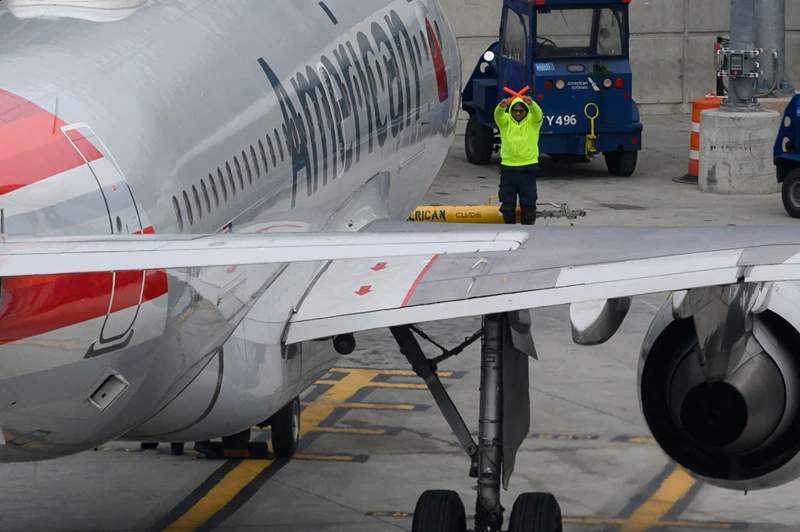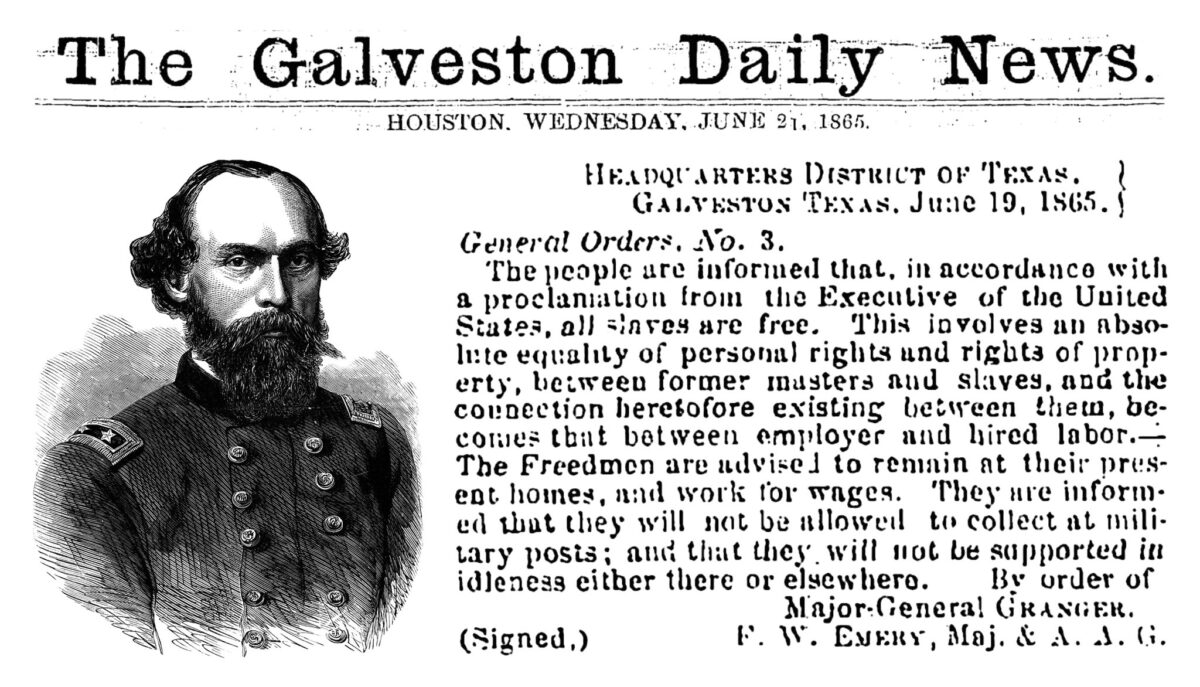American ‘Hanukkah’ Is Insufferably Boring
In the late 19th and early 20th century, assimilating Jewish newcomers to the United States turned Hanukkah into the vacuous, anesthetized, consumerist, areligious holiday we know today. By creating a celebration that was not only in seasonal proximity to Christmas but one that tried to ape its festive tone, American Jews had their own winter festival.
I’m not a religious man, but I do value tradition. And every few years I feel compelled to point out that Hanukkah is the most misunderstood holiday in American life. It’s true that Hanukkah isn’t a Jewish “yom tov,” a “good day,” handed down to chosen people in the Torah like Passover or Rosh Hashana. It is a minor holiday with no restrictions on work. The two books of the Maccabees are canon in Roman Catholicism and in Eastern Orthodox churches, but not Judaism.
Yet one suspects it’s the one Jewish celebration most Americans have heard about — a holiday that has something to do with ancient Jews finding a single day’s oil in the Holy Temple that miraculously burns for eight. Though Hanukkah is perhaps the only Jewish holiday confirmed in archeological evidence, the bit about the miracle of the oil was added hundreds of years after the events told in the two books of Maccabee by rabbis who probably wanted to avoid fueling Jewish zealotry under Roman rule.
Today? “Modern celebrations of Hanukkah,” says the Union for Reform Judaism, “focus on family and friends and include the lighting of the Hanukkah menorah (also called a hanukkiyah); singing and playing special songs and games (dreidel); and eating foods prepared in oil…”
Stop, it’s so boring.
There is nothing in the books of the Maccabees about menorahs. There is, however, a lot about loyalty, violence, family, and faith. It is the most openly Zionist holiday. Hanukkah, “dedication” in Hebrew, tells the story of the bloody civil war between the Maccabees and the Seleucids’ Jewish allies, the capture of Jerusalem (800 years before the advent of Islam), the rededication of the Second Temple, and early days of the Hasmonean dynasty.
The Maccabees 1 and 2 are principally concerned with the patriarch Mattathias and his five sons, who rise against Antiochus, the Hellenic king and traitor who desecrated the Temple, banned Jewish ritual, and levied exorbitant taxes on the people. When a messenger of the king travels to a village to bribe Mattathias into sacrificing to the Greek gods, the old man refuses. And when a fellow Jew, hoping to avoid a scene, volunteers to make the sacrifice instead, Mattathias slays the Hellenized Jew and then the representative of the crown, sparking a revolt. The Maccabees, a rural clan, go on to conduct a brutal guerrilla war against the ruling elite.
Many of Mattathias’s children would die badly in the effort, one being trampled by a war elephant. But all get off relatively easily compared to the children of the “woman with the seven sons.” In this haunting tale, told in the second book of Maccabees,
" Conservative News Daily does not always share or support the views and opinions expressed here; they are just those of the writer."





